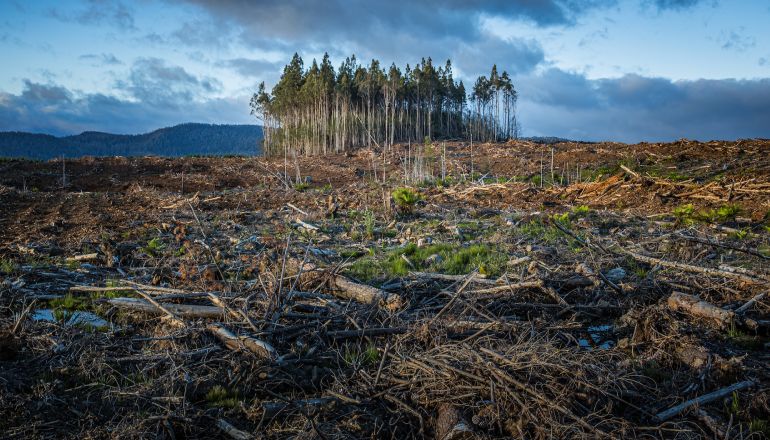The year 2023 can be defined in a single phrase: the year of climate change realization.
The veil of denial has lifted, revealing the stark reality of a warming planet and its devastating consequences. Communities, governments, and even individuals are finally waking up to the urgency of the climate crisis.
However, this realization remains just that—a realization. The necessary action, the translation of awareness into decisive steps, is still woefully lacking. We stand at the precipice of change, but instead of leaping, we seem content to tiptoe at the edge.
The blame for this inaction cannot be solely placed on the authorities. This is a collective crisis, requiring a collective solution. We, as humans, have a notoriously short memory and are quick to move on from the scars of one climate disaster to the other. We celebrate resilience when communities rebuild—mistaking it for a permanent solution instead of a temporary bandage on a gaping wound.
I think that the following 5 steps will enable us to prevent/tackle climate change.
1. Awareness: The crucial missing ingredient is widespread awareness. Apathy and ignorance remain formidable foes. We need robust efforts to educate and prepare communities for the inevitable onslaught of climate events. This requires accurate data, a scientific foundation that is still desperately lacking. Governments must prioritize data collection and analysis, building a solid platform for informed action.
2. Community Preparedness: Climate change is already displacing communities, and mass migrations are on the horizon. How do we navigate this complex challenge? Wisdom lies in learning from indigenous communities, who possess a deep understanding of living in harmony with nature. We must build upon their knowledge, promote circular economies, and create resilient communities that can withstand the blows of climate change.
3. Building and Rebuilding with Climate in Mind: Reconstruction after disasters must be done with a climate-resilient lens. Developed nations have a moral obligation to support this endeavor, providing resources and expertise. Sustainability, and not profit, must be the driving force behind rebuilding efforts.
4. Policy Alignment: Empty promises of green futures and resilient planets ring hollow when policies paint a different picture. Governments must bridge the gap between rhetoric and reality, aligning their policies with the urgency of the climate crisis. The future of our planet, and the lives of generations to come, depend on this alignment.
5. Affordable Technology: Technology is a powerful weapon in the fight against climate change. But its effectiveness hinges on affordability. Collaboration between governments, corporations, and the private sector is crucial to making climate-friendly technologies accessible to all. Additionally, data must be collected and utilized effectively to guide mitigation and implementation strategies.
The year 2023 was a year of realization, but it must be followed by a decade of action. We cannot afford to let this moment slip through our fingers. Let us turn awareness into action, collective apathy into collective responsibility, and build a future where our planet and its inhabitants can thrive, not just survive.
Let’s leave a GREEN LEGACY for our future generations!

